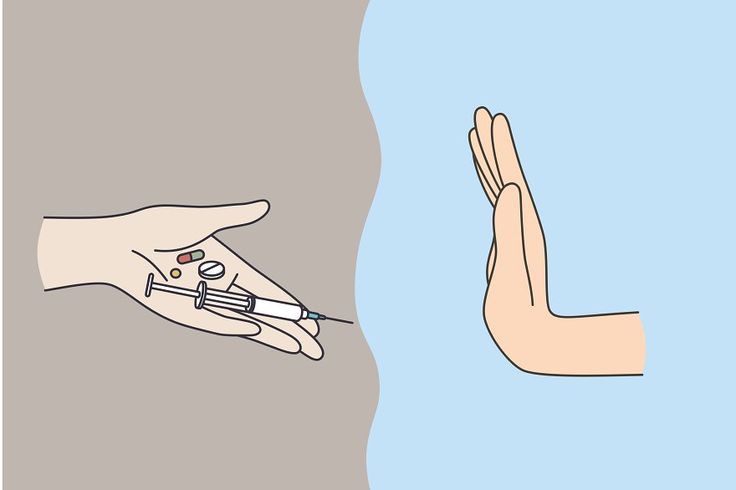INTRODUCTION The Arms Act, 1959 is an Act of Parliament of India which regulates matters relating to acquisition, possession, manufacturing, sale, transportation, import and export, and licencing of arms and ammunition. It also empowers government…
READ MORE
Introduction The division of property into two parts is popular as a partition. Under the Hindu regulation, partition wealth is a division of possessions of a Joint Hindu offspring so that present separate conferment of…
READ MORE
Introduction Alternate Dispute Resolution (ADR) is a dispute resolution method that employs non-adversarial (i.e. out of court) ways to adjudicate legal controversies. ADR methods are informal, cheaper and faster, in comparison to the traditional litigation…
READ MORE
Introduction The Narcotic Drugs and Psychotropic Substances Act (NDPS Act), 1985 was given with the intent of ruling drug abuse and stopping the use, dispersion, production, and work of drugs. Narcotic drugs are those that…
READ MORE

Introduction: Under the Criminal Procedure Code, 1973, the Discharge Application is the remedy that is granted to the person who has been maliciously charged. If the allegations which have been made against him are false, this Code provides the provisions for filing a discharge application. If the evidence given before the Court is not sufficient to satisfy the offence and in the absence of any prima facie case against him, he is entitled to be discharged. Classification of Criminal Cases: The two major classifications of criminal cases under the Code of Criminal Procedure are: 1.Cases instituted on the basis of a police report (Sections 238,243). 2. Cases instituted otherwise than on police report based on the complaint (Sections 244,247). There are four types of the trial procedures provided under Cr.P.C.: Summary trials (Sections 260,265), Trial of summons cases by Magistrates (Sections 251,259), Trial of warrant cases by Magistrates (Sections 238,250) Trial before a court of Sessions (Sections 225,237). The procedure of warrant cases is used for the trial of warrant cases by the Magistrates and the trial before the court of sessions. Whereas trial of summons cases by Magistrates and summary trials are tried in a summons case trial. Discharge of accused in warrant cases on the basis of a police report. The regular procedure of law …
READ MORE
Introduction The formation and incorporation of a company are extremely similar to the beginning of a human, as it further endures various stages of composition of allure party parts all along the interior stage. Various…
READ MORE
INTRODUCTION Under Hindu law, the property that an individual might claim, or can have an interest in, can be arranged into two—separate property and joint family property. The Hindu joint family system governs joint family…
READ MORE
WHAT IS CIVIL SUIT? A civil suit is a legal action taken by one person(referred to as the plaintiff in legalese) against another person( referred to as the defendant) for any injury and damages that…
READ MORE
Rights to know the grounds of arrest 1. Article 22 of the Constitution of India deals with the protection against arrest and detention in certain cases- No person who is arrested shall be detained in…
READ MORE
Introduction Non-Fungible Tokens (NFTs) have been in tremendous use in recent years. Their use has exploded just because of the convenience they offer to everyone. This new development has boomed so fast that now everything…
READ MORE









